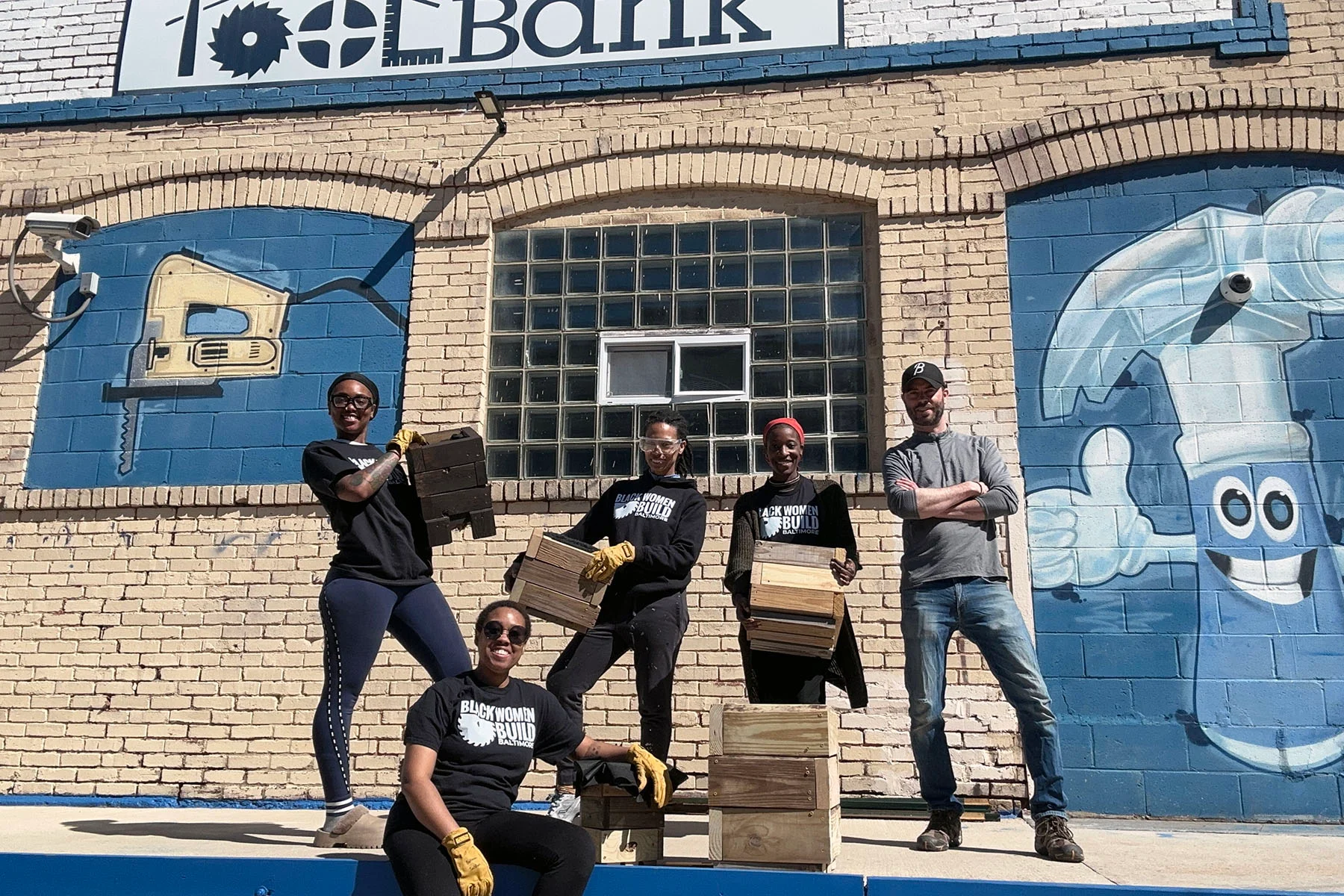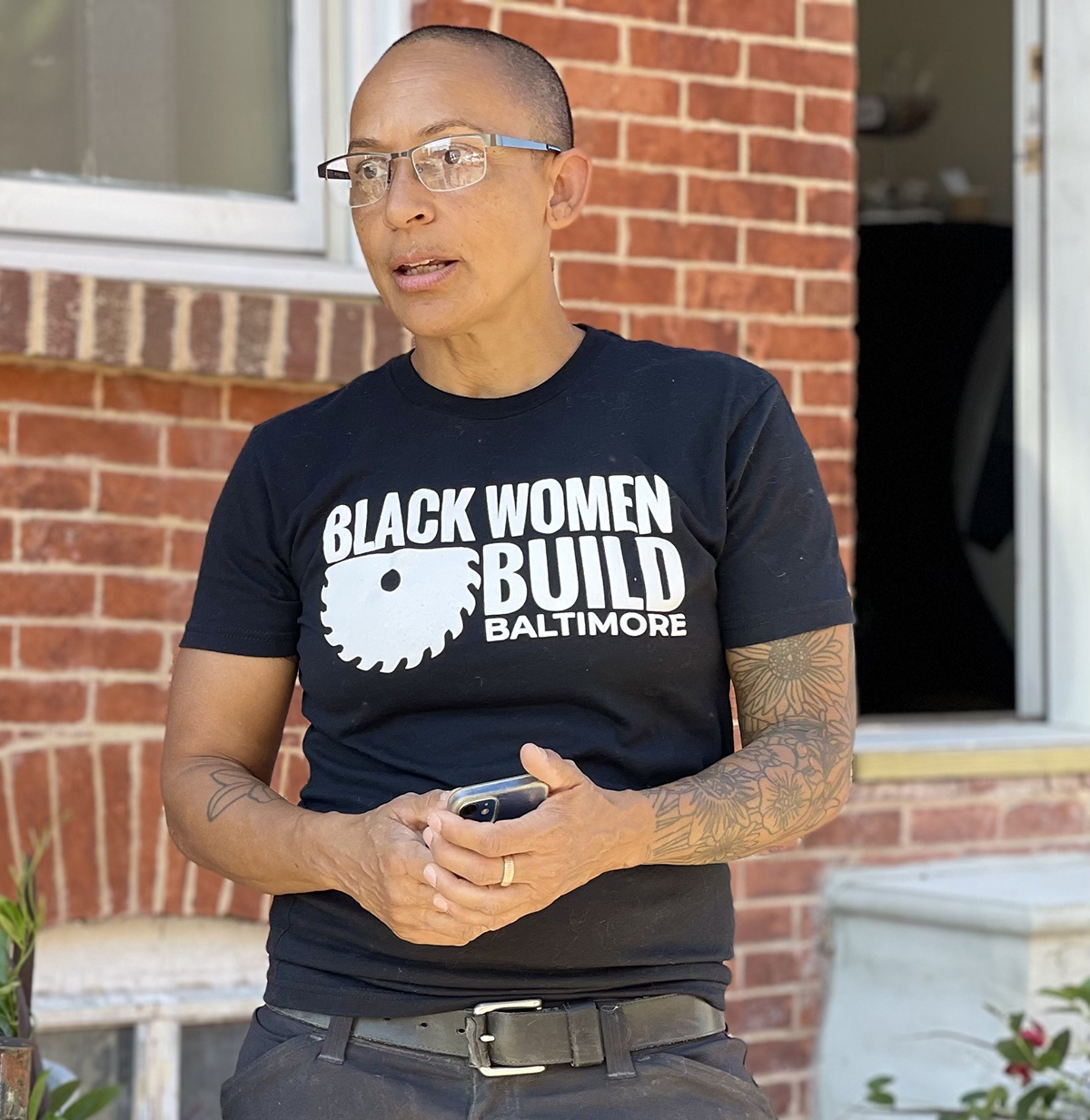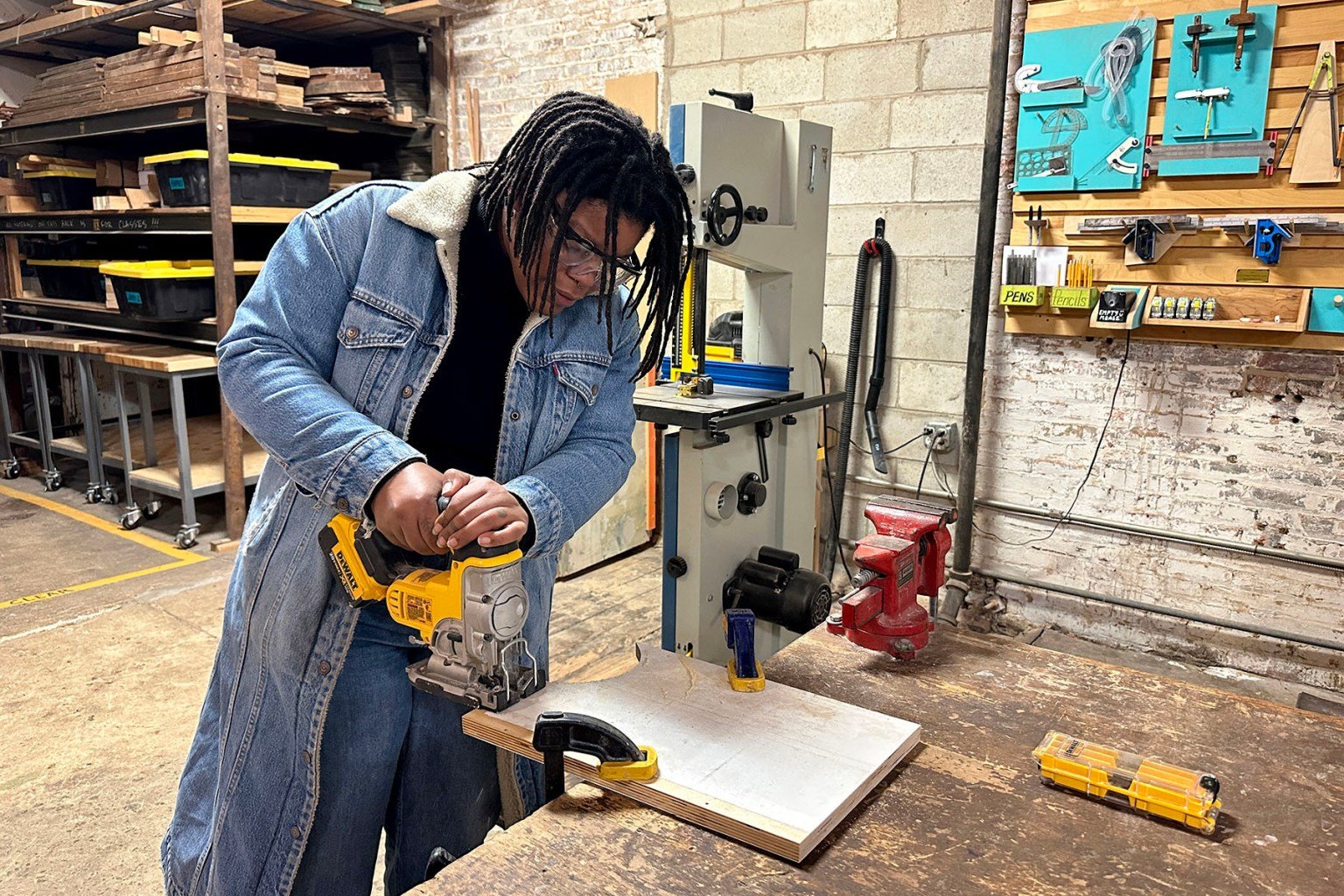
After moving to West Baltimore in 2015, contractor-turned-lawyer Shelley Halstead was struck by the area’s vacant homes—vestiges of redlining and disinvestment. Rather than letting them be demolished, she founded BWBB in 2017 to restore these houses alongside Black women who would become their owners.

The organization offers two pathways: a pre-apprenticeship that teaches trade skills like carpentry and plumbing in exchange for work, and a community-focused track for professionals wanting to enrich their neighborhoods. With the support of grants from groups like the Abell Foundation—such as $30,000 in 2020 and $110,000 in 2022—BWBB has renovated and sold homes ranging from $80,000 to $120,000, offering buyers monthly payments as low as $500.
Take Saj Dillard, for example. In 2021, she rented her first apartment but wanted something that built her future—something “to show for it.” In less than a month with BWBB’s help—from budgeting to navigating grants—she closed on a brownstone in Upton and moved in by October 2023.
BWBB’s impact goes beyond the homes themselves. The program nurtures community: homeowners volunteer together, attend workshops, and even share tools and planters they build themselves. Dillard started a free urban farm and monthly neighborhood dinners. The organization is now developing a $1.5 million community resource center, featuring a tool-lending library, financial wellness classes, and a tranquility garden—halfway funded and set to break ground in spring 2025.
This isn’t merely about rehabbing houses; it’s about rooting equity and empowerment in a city that needs it most.
BWBB’s approach transforms more than real estate—it restores opportunity, dignity, and connection. By equipping Black women with both ownership and the skills to sustain it, the story underscores that true wealth lies in empowerment, opportunity, and the communities we build together.
